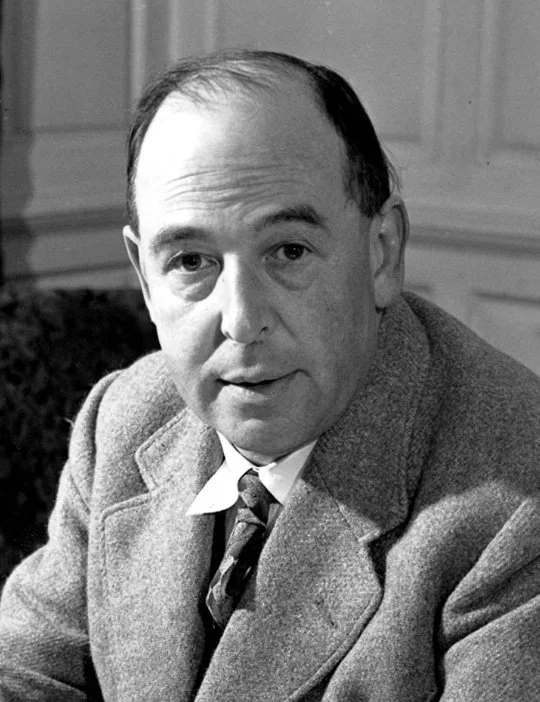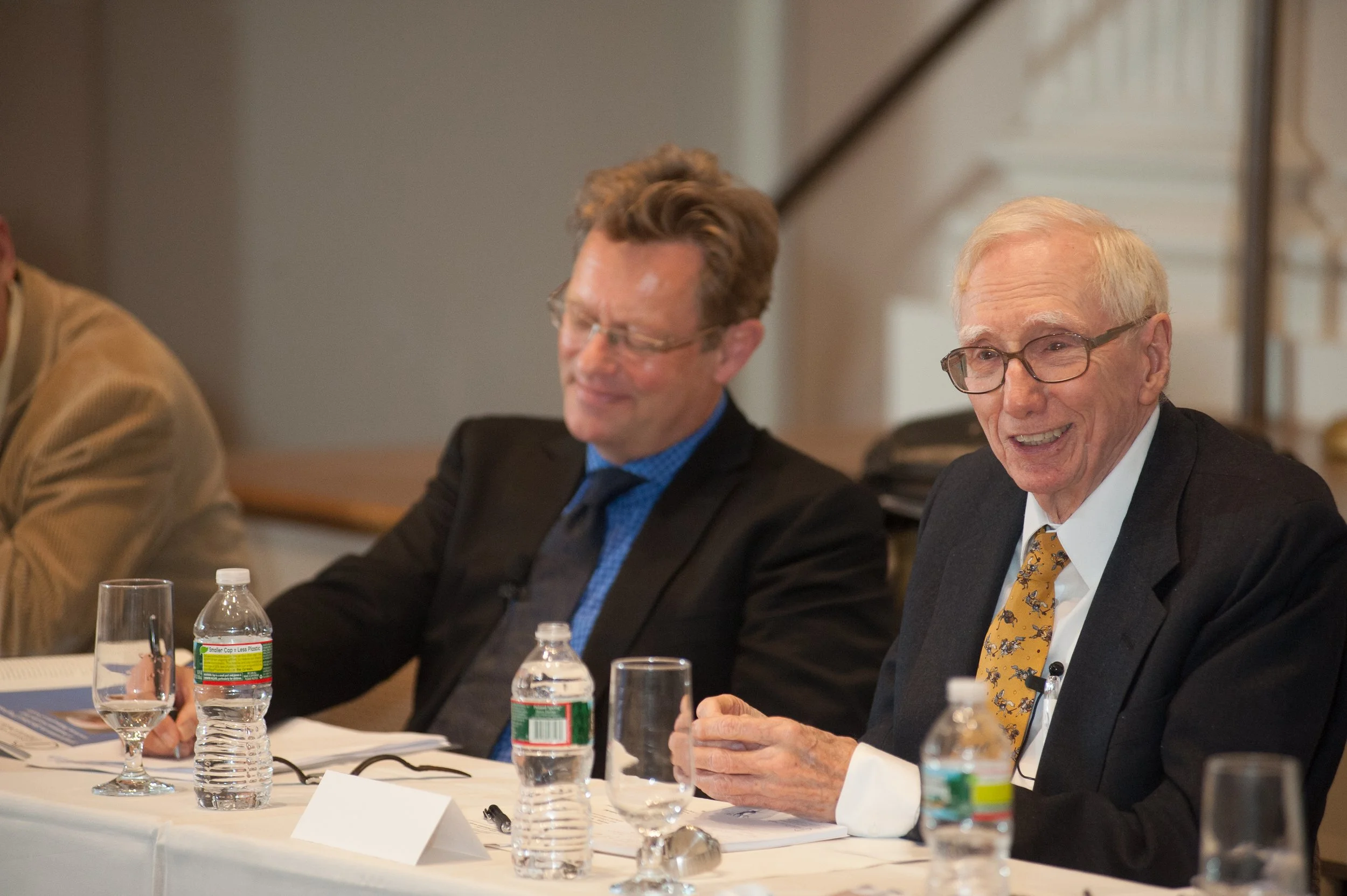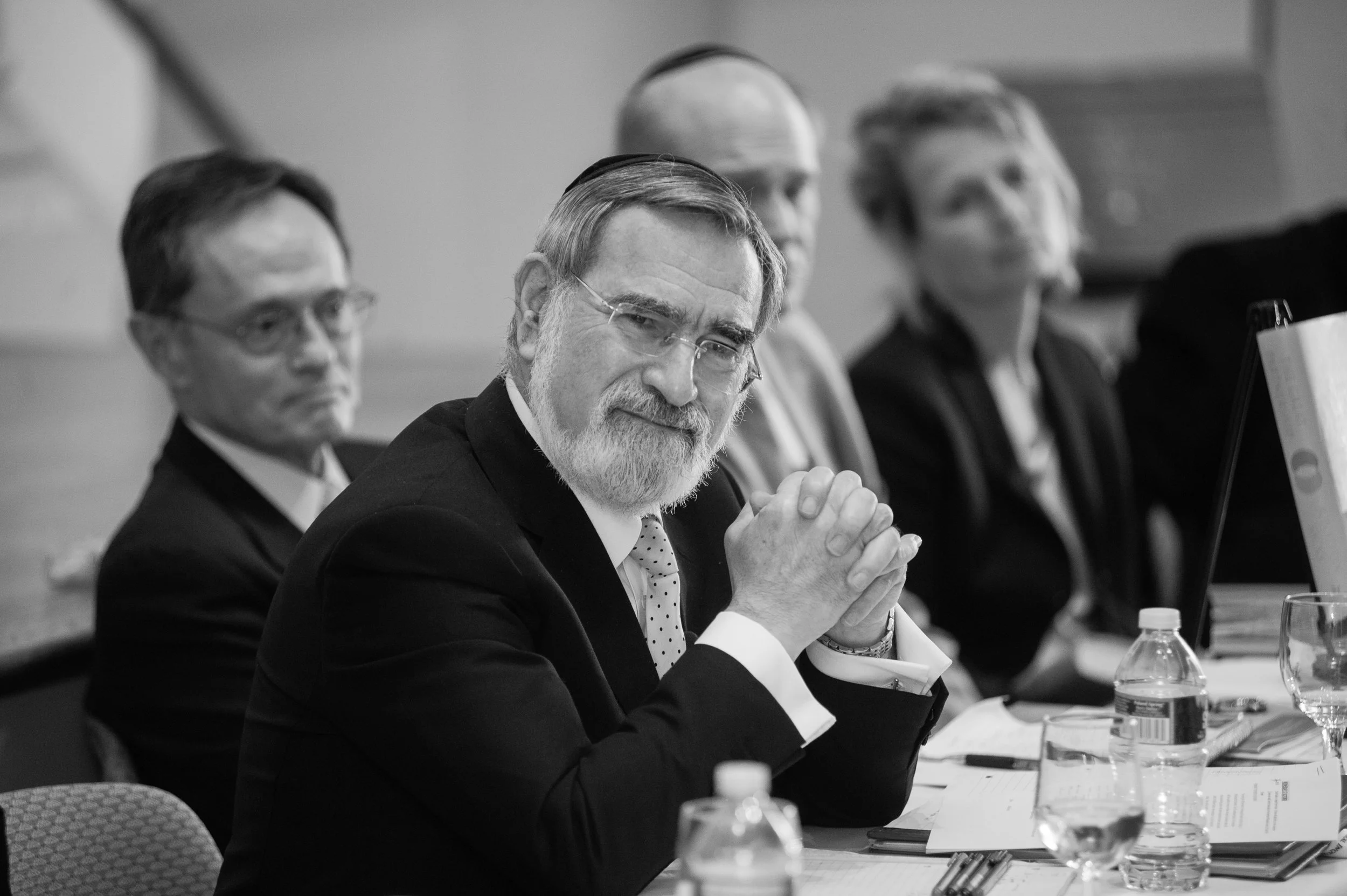
What is Theological Inquiry?
The name of our organization is The Center of Theological Inquiry. As the world’s only institute for advanced study dedicated to Theology, the use of the preposition ‘of’ is important. We really are the global center of this work, and the world’s leading inter-disciplinary institute dedicated to the insights that Theology has to offer for the challenges the world faces.
Why Theology?
Theology has famously been described as “faith seeking understanding.” In this sense, Theology involves the study of faith, of God, and all things in relation to God and to faith. This study is itself innately inter-disciplinary. Theology involves everything from the historical and linguistic engagement with ancient texts; to the consideration of the role of faith in anthropology; to philosophical questioning about the existence of God; to understanding the role of faith in public life and ethics; to the rigorous and systematic investigation into faith claims which communities have; and so much more.
A little like Philosophy, Theology seeks from its work to generate insights that address themes such as hope, freedom, and contemporary societal and ethical challenges. However, Theology pursues these issues understanding that our beliefs in and about God influence the way we think about everything else. In this sense, Theology is the lens through which we understand all of human endeavor and the world.
C. S. Lewis once said: “I believe in Christianity as I believe that the sun has risen: not only because I see it, but because by it I see everything else.” Theologians take this instinct seriously, recognizing that how people understand their faith affects all arenas of their intellectual and moral lives. A theological inquiry operates, therefore, by looking at issues in the academic and global spheres, taking very seriously and into critical account the role faith has to play in such investigations.
The role of faith in contemporary human life should not be under-emphasized. Scientists (including scientists who have worked at and been shaped by CTI’s research) have shown that from the earliest hominid species there has been an awareness of the transcendent. Theology is, therefore, a foundational aspect of human origins, and a key feature of what it has meant to be human over the 250,000 years of our existence. Even now, around 85% of the global population identifies as religious; and of the 15% who do not identify with a religion, around 8% nevertheless believes in God. Even those who reject God have a concept of what it is they are rejecting. Whether we are interested in the role of faith within the human condition, the importance of faith in post-colonial academic research, or the role of faith at a personal, ecclesial or societal level, Theology matters.
Why Inquiry?
We use the term Inquiry because we convene the very best theologians together with the most prestigious academics in other fields to explore major themes and topics which we believe will have transformative impacts academically and societally. By bringing together groups of leading thinkers for sustained periods (of between eight months and three years) of residential and digital research at our Center in Princeton, CTI has, for example, tackled issues such as: Religious Freedom; Human Evolution; Religion and Moral Experience; Artificial Intelligence; Human Migration; Religious Violence; Climate Change; Economic Inequality; and many more topics. These areas are inquired into in the belief that Theology has a major contribution and intervention to make, and in the belief that we have not yet arrived at sufficient wisdom in our research. Our scholars come together as world-leading experts to work on questions for which we do not as yet have answer.
In this way, our work is genuinely collaborative and interdisciplinary— rare today in university research. Collaboration and interdisciplinarity rely on finding ways to communicate across different assumptions and different approaches to knowledge. We expose theologians to other disciplines so theologians can learn from and speak with confidence to leading scholars in other areas about the big themes and questions facing them today. Equally, we expose academics in other disciplines to the insights, scholarship and wisdom world-leading theologians have to offer for their scholarship and the questions into which they are inquiring. In our resident program, we meet weekly in person for a colloquium to assess and improve the collaborative research in progress; and much work takes place in informal lunches, coffees and conversations not only within CTI but across Princeton and the academy at large.
In our inquiries, we address “Big Questions” and “Big Issues” which confront humanity, seeking to find avenues through which to impact church, culture and society with our new insights. We believe our work at its best changes the very fields of academic study—having long-term, long-lasting and high-level impact in universities and seminaries, and through them and their teaching on students who go on to be ministers, academics, politicians and societal leaders who will change hearts and minds. We also take very seriously engagement with stakeholders and finding ways to communicate our advanced research to multiple publics in ways which are comprehensible and meaningful.
We recognize that the new insights we gain from our inquiries need to go public. All the groundwork done in research has to count on the ground.
C.S. Lewis
Robert Bellah
Rabbi Jonathan Sacks
Marilynne Robinson




